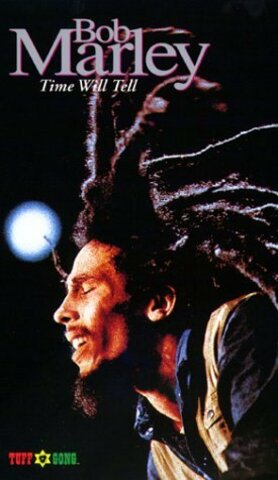This is dear to me. I was born and lived most of my life in Thessaloniki, with a view of the old Byzantine Walls from a fifth- story apartment, with stories of an affluent great-grandmother forced to leave Constantinople, of relatives who made the journey from lost homes, lost fortunes, made new ones, of the Jewish Sephardi community next to the Armenian and Levantine ones, the old cosmopolitan Selanik (circa 1910) before the wars and horrible postwar urban sprawl.
Not the music, though I brushed with it through my father. The music came with the refugees. I went on to study in one of the Aegean ports where it grew roots as winds of war carried it from Asia Minor. I never picked it up, though I have friends who play the bouzouki (a slimmer version of the oud) and I am incidentally doing work on a film project that involves music and history of the era, the prewar mingling of music and souls in Smyrna and Anatolia. So the timing for this when it came on TV the other day was perfect.
It is a documentary charting the life of possibly the most famous female Greek singer of the era, Rosa Eskenazy.
Born in Constantinople of Jewish descent, grew up in the cultural mixing pot of Thessaloniki, picked up the oriental-inspired cafe aman music and dance and took it with her to Athens, the Balkans, the Americas. Hard times, poverty, persecution, war, memory, it's all here as romantic chronicle of bygone times. The film was made by an Israeli, who with an international group of musicians (one is Turkish, another is a Greek Cypriot from Britain) retraces the steps of Rosa's musical journey. But here's the kick; it isn't about the images or story.
Greeks and other Ottoman subjects were not in control of their world for centuries of foreign yoke, there wasn't any theater, and what painting existed was religious. Folk music, however, soared, music and dance. It's a similar situation with the slaves of the American South, whose Delta blues the rembetiko is often compared to—scant or nonexistent visual culture, deep and marvelous musical soul.
So when Greek film tries to capture that duende, that spirit of shifting memory in a visual way, we get a flat banality like Politiki Kouzina.
So as a documentary film this too is pretty ordinary stuff. Oh, we have precious archive footage, evocative views of Thessaloniki, old and new, and some capable musicians giving us some worthwhile, some average renditions of the songs. But there is no spirit in what we see, no life as deeply felt as sung. But the music it recalls, it's all in that music, all the stories kept alive in it, and if this points you to it, it has done its job.
So watch this for the story, spend some time with just the music. Then watch an Armenian film called Shadows of Forgotten Ancestors, it's the same soul of magical, sorrowful loss it photographs.
Read more
Read less













